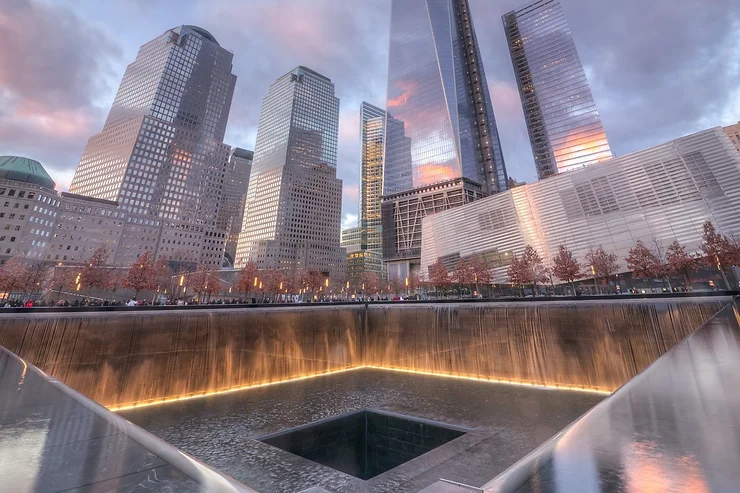By: Emily Chu
In the past decade, people of underrepresented backgrounds have had more opportunities to play main characters in Marvel films. Today, we see the recent Marvel series, Ms. Marvel, portraying Muslim Americans not as terrorists, but as heroes.
A long history of racial and religious profiling in the United States is to blame for the portrayal of Muslim Americans as terrorists. In the past two decades, these portrayals reflect bigoted reactions to one event: 9/11.
Of course, Muslim Americans were just as affected by 9/11 as everyone else.
Hundreds of Muslim Americans were labelled potential suspects and were pulled out of their homes to be imprisoned in detention centers. This was very wrong. No one realizes the damage profiling does until it is already done.
In Ms. Marvel, Muslim Americans are shown in a different light.
Ms. Marvel’s theme of growing up as immigrants and overcoming stereotypes is universal. Many underrepresented communities such as Chinese immigrants must overcome stereotypes, such as the model minority myth and many others.
Furthermore, the main character, Ms. Marvel, breaks many stereotypes about Muslim women. She doesn’t wear a hijab, which became one of the main ways to represent Muslim women over the past few decades. She also doesn’t disobey her overly-strict parents, which is something usually portrayed in the media about Muslims.
“I really do think this is going to kind of inspire more Muslims and South Asians to tell their story because, you know, this is one singular representation of the Muslim experience, if you will,” Iman Vellani, the lead actress of Ms. Marvel, told NPR. “And I don’t think we can represent all two billion Muslims and South Asians, but it’s a start.”











